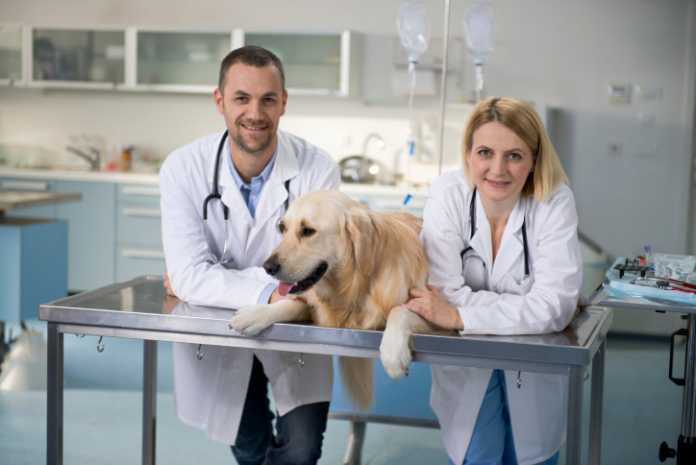As a pet owner myself, I’ll tell you right off the bat that I travel an hour one way to take my dogs to the vet. This is simply because I absolutely love the vet I found before we moved to our current location and I don’t want to take chances with a new one. This may not be convenient for everyone, but I’m willing to sacrifice a little extra gas money and time to make sure my pets get the proper care. If you’re looking for a new veterinarian, here are some things to look for to ensure you find one you and your pet really like.
1. Cleanliness and comfort
The first thing I look at is how clean the facility is and whether it and the staff are organized. If I walk in and the place smells bad, or it’s not clean, it’s not someplace I want to be. If you walk in and everything is running like clockwork, the staff knows exactly what’s happening when, and you’re comfortable the entire time, it’s probably a good place.
2. Appointments
Find out if the vet requires appointments or if walk-ins are welcome. This is important, especially if you’re on a tight schedule or an emergency arises.
3. Veterinarians
How many vets are on premises? This is important because if there’s only one, it could be difficult to get in to see him on your time. If there’s more than one, be sure to schedule appointments with them all so you and your pet get to know everyone.
4. Other staff
Are there other technicians and staff on hand to help the vets or is it a small office that the vet runs pretty much himself? This could mean the difference between a well-run office or one that’s in chaos because the doctor is overwhelmed.
5. Dog and cats
Are dog and cat cages kept in separate areas? These two species usually get along fine, but when they aren’t feeling well or are stressed, being in the same room with each other can add to the problem. Cages should be separate to avoid undo stress to the animals.
6. Bedside manner
To me, this is most important. I certainly wouldn’t go to a doctor for myself with a poor bedside manner, and I would never take my pet to a vet with one either. If the doctor, technicians and staff are caring, compassionate and communicate effectively, it’s probably a good facility.
7. Special interests
Do the vets have specialties such as geriatrics or behavior? This could be good and bad. Good if you have a pet that falls into one of their specialties. Bad if he does not. You really want a vet that’s well-rounded so your pet receives the best care possible.
8. Diagnostics
Is all testing done in-house or referred to a specialist? You really want a veterinarian that can do all diagnostic testing right then and there because if testing has to be sent out, it could delay diagnosis and potentially result in further damage or death while waiting for results.
9. Emergency services
Does the vet offer any type of emergency services? Some veterinarians will take emergency cases any time of the day or night. Find out if the facility offers this or what they suggest of something does occur.
10. Convenience
Is the facility convenient for you? This is probably important to most people.
11. Fees and payment
Fees vary from vet to vet, so be sure to ask about them before anything is done with your animal. Also, ask about discounts for senior citizens or multi-pet families, as well as payment plans.
Photo Credit: Thinkstock












